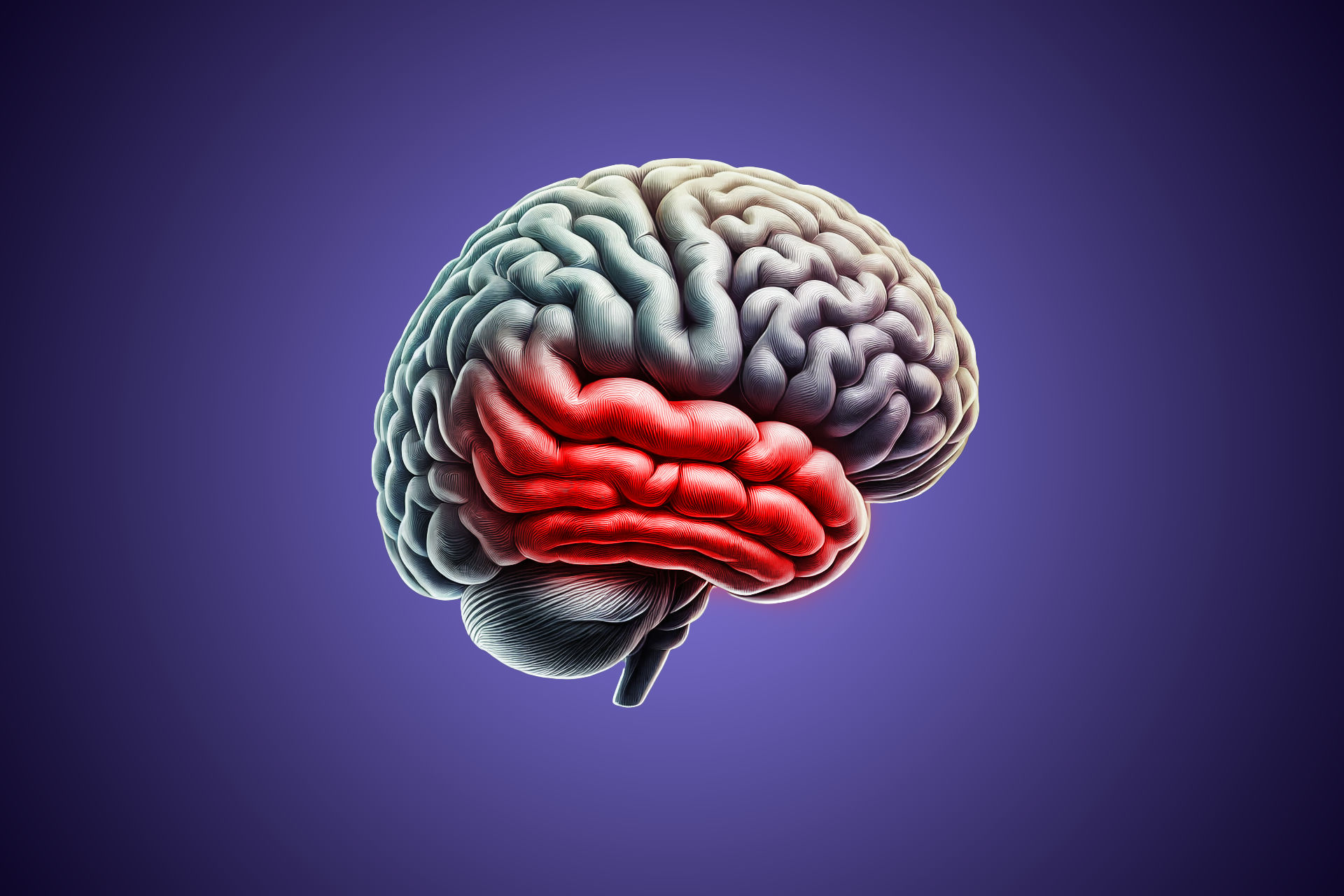Temporal Lobe Seizures
The temporal lobes are responsible for forming our basic emotions, enabling our responses to confront (cope) with or avoid situations, and facilitating functions such as memory, hearing, speech, and perception.
The temporal lobes are responsible for forming our basic emotions, enabling our responses to confront (cope) with or avoid situations, and facilitating functions such as memory, hearing, speech, and perception.
The symptoms of temporal lobe seizures include a sudden onset of fear, a strange sensation rising in the abdominal area, and abnormal feelings such as déjà vu, where one feels as if they have previously experienced the current event or seen the current place before. During these seizures, consciousness can sometimes be partially maintained. During a seizure, repetitive movements are often observed, especially around the mouth, lips, and hands (automatisms) such as lip-smacking, swallowing, licking, spitting, rubbing hands, waving, meaningless talking, and similar stereotypical actions. Epileptic seizures usually last from a few seconds to 3 minutes. Most patients do not remember what they did during this period. In some seizures, the electrical overactivity that starts in the temporal lobe spreads to other brain regions, leading to a loss of consciousness and evolving into major seizures with full-body convulsions and jerking.


